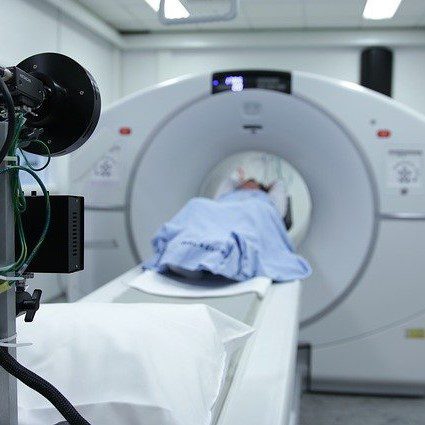According to a recent article from MedPage Today, the results from a small prospective study show that sequential radiotherapy (RT) is successful in delaying systemic therapy for oligometastatic renal cell carcinoma (RCC).
Renal Cell Carcinoma (RCC)
Renal cell carcinoma is a type of kidney cancer that spreads easily to the lungs and other organs. There have also been several reports of this “metastatic” renal cell carcinoma in rare sites in the body. However, usually, it begins as just one tumor in a kidney, though it can be found in both kidneys at once. Although rare, renal cell carcinoma is the most common kind of kidney cancer in adults. Renal cell carcinoma is more common in males than females and especially common between the ages of 50 and 70.
Symptoms:
Some patients with renal cell carcinoma are asymptomatic, especially early on, and some patients do not have symptoms until the cancer has spread to another part of the body. When symptoms occur, they include:
- Blood in the urine (most common) or rusty-colored urine
- Abdominal pain
- Weight loss
- Enlarged testicle or varicose testis vein
- Fever
- Vision abnormalities
- High blood pressure
- Fatigue
The Study
This study is the first one to look at radiotherapy to treat renal cell carcinoma. Chad Tang, MD, of the University of Texas MD Anderson Cancer Center in Houston is the coauthor of the study. Tang and his research team found through this study that the treatment leads to progression-free survival without the need for therapy and with modest toxicity.
A total of 30 patients participated in the study, each diagnosed with oligometastatic RCC and having only been treated with one or less systemic therapy. The patient’s lesions were treated with SBRT, and if that was not possible, they were treated with hypofractionated intensity-modulated RT.
At the end of the study, the median progression-free survival (PFS) was 22.7 months. Furthermore, two-thirds of the patients in the study were still alive without any disease progression at the one-year mark. Although 10% of the patients did experience a severe adverse event, there were no deaths related to the treatment. The adverse events included grade 3 back pain, muscle weakness, and grade 4 hyperglycemia.
More to Study
The discoveries and advances made in this prospective study were an important step in finding more ways to treat renal cell carcinoma. However, there are still a lot of questions surrounding the treatment such as considering what the best clinical endpoint is, the delay of systemic treatment, and what the benefits of combining SBRT and molecular therapies could potentially be.
In addition, the systemic therapies that exist are expensive and toxic, meaning there is a need for lower-cost and less toxic alternatives for patients.








